Global Learning

How do communication satellites improve global connectivity ?
Communication satellites play a crucial role in enhancing global connectivity by providing reliable and high-speed internet access to remote areas, facilitating international communication, and supporting various applications such as telemedicine, e-learning, and disaster management. They cover vast geographic areas, including mountainous regions, deserts, and oceans, where traditional infrastructure is not feasible or cost-effective. Satellite internet services can be deployed quickly, often within days or weeks, compared to months or years required for terrestrial networks. They enable seamless communication across national borders, fostering global cooperation and collaboration. Newer generations of low Earth orbit (LEO) satellites reduce latency by orbiting closer to Earth, improving the speed and quality of international communication. Satellites facilitate telemedicine by providing real-time video conferencing between patients and healthcare professionals located far apart. They enable e-learning by connecting students in remote areas with educational resources and teachers around the world. During natural disasters or crises, satellites provide critical communication channels for emergency response teams and affected communities.
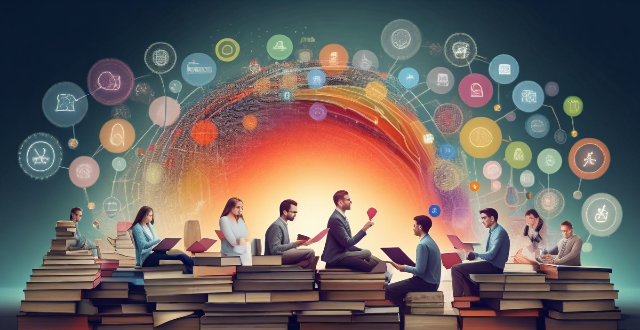
What is lifelong learning and why is it important ?
Lifelong learning is the continuous process of acquiring new knowledge, skills, and attitudes throughout one's life. It is important for personal development, professional growth, social contribution, economic benefits, health and well-being, and global citizenship. To embrace lifelong learning, individuals can set learning goals, create a learning plan, seek out opportunities, stay curious, reflect on their learning, and share their knowledge with others.
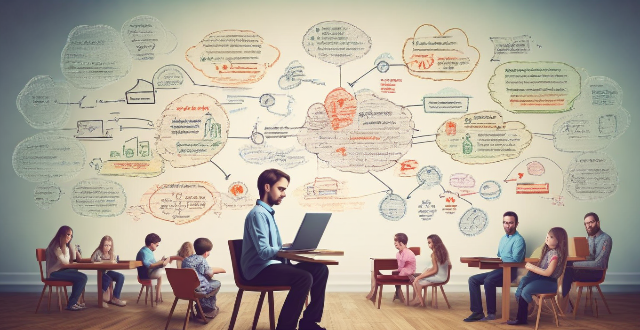
What are some benefits of using online learning resources compared to traditional classroom learning ?
Online learning resources offer advantages over traditional classroom learning, including flexibility and convenience, cost savings, personalized learning experiences, exposure to diverse cultures, and development of technology skills.
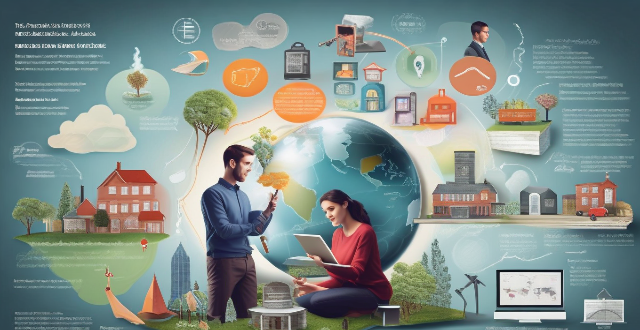
How does technology facilitate lifelong learning ?
Technology has revolutionized education, making it more accessible, interactive, and personalized. It facilitates lifelong learning through online resources, digital libraries, simulation software, gamification, adaptive platforms, mobile learning, social media groups, online workshops, instant feedback, cost efficiency, and globalization of education. Technology offers a wealth of benefits for learners of all ages and backgrounds.

What are the trends and predictions for the future of international education ?
The future of international education is expected to be shaped by a range of trends and predictions, including: 1. **Increased Demand for Global Learning**: A rise in student mobility and diverse programs catering to specific interests. 2. **Technology-Enabled Learning**: Greater integration of online resources and blended learning models. 3. **Cultural Competence and Global Citizenship**: Emphasis on intercultural skill development and global citizenship education. 4. **Collaborative Partnerships and Exchanges**: More institutional partnerships and multinational collaborations. 5. **Sustainability and Social Impact**: Green campuses and community engagement initiatives. 6. **Personalized Learning Pathways**: Customized education and enhanced career services. 7. **Policy Changes and Regulation**: Potential shifts in visa policies and quality assurance standards. 8. **Financial Aid and Scholarships**: Expanded funding opportunities and alternative financing methods. 9. **Language Diversity**: Recognition of multilingualism and linguistic inclusivity. 10. **Lifelong Learning**: Adaptation of degree programs for non-traditional students and a focus on continuing education.
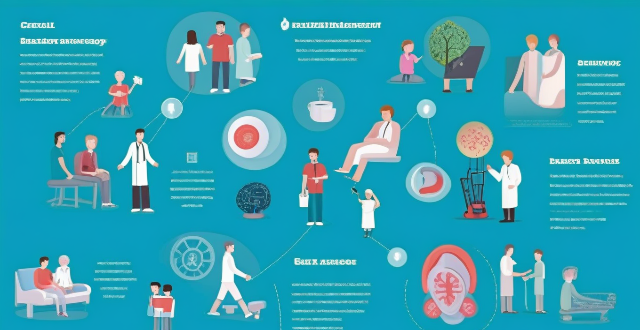
What is the role of technology in improving global health outcomes ?
Technology plays a crucial role in improving global health outcomes through advanced medical equipment, digital health solutions, and more. It has revolutionized diagnosis, treatment, disease surveillance, prevention, accessibility, affordability of healthcare services, research and development initiatives, and health literacy and education. Technology's impact on global health will continue to grow positively as it evolves at a rapid pace.

How do technology-based learning tools contribute to innovative teaching practices ?
This article discusses the role of technology-based learning tools in innovative teaching practices. It highlights how these tools can enhance student engagement, facilitate collaboration and communication, provide access to global resources, and enhance assessment and feedback mechanisms. The article also emphasizes the importance of personalized learning experiences and gamification techniques in making education more engaging and enjoyable for students. Overall, the article suggests that technology-based learning tools have the potential to revolutionize education by making it more interactive, accessible, and effective.

Can global shopping bridge the gap between different cultures ?
Global shopping, or cross-border e-commerce, has become increasingly popular in recent years. It offers consumers the ability to purchase products from other countries without leaving their homes. However, there are both potential benefits and challenges associated with this trend when it comes to bridging cultural gaps. Benefits include increased exposure to foreign cultures through fashion, food, and home decor; promoting mutual understanding through shared interests in technology, sports, and entertainment; and encouraging cultural sensitivity and respect through handicrafts, holiday celebrations, and language learning tools. Challenges and limitations include issues related to shipping costs, customs regulations, language barriers, loss of local cultural identity due to overreliance on foreign products, and the potential for consumerism rather than genuine cultural exchange. Overall, while global shopping offers opportunities for cultural exchange and understanding, it is important to approach this trend with mindfulness and consideration for its potential impact on individual cultures and the broader global community.
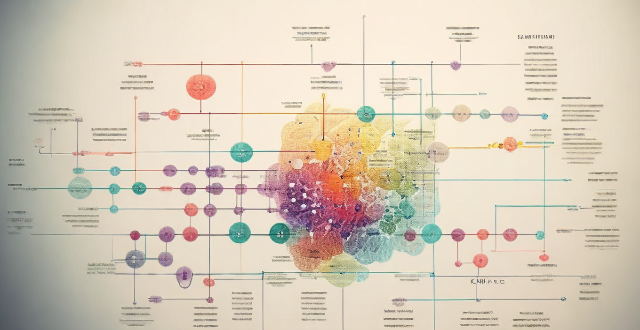
What are some effective strategies for lifelong learning ?
Lifelong learning is crucial for personal growth and adaptability. Effective strategies include setting clear goals, creating a learning plan, leveraging technology, practicing active learning, seeking mentorship, and embracing failure for continuous improvement.
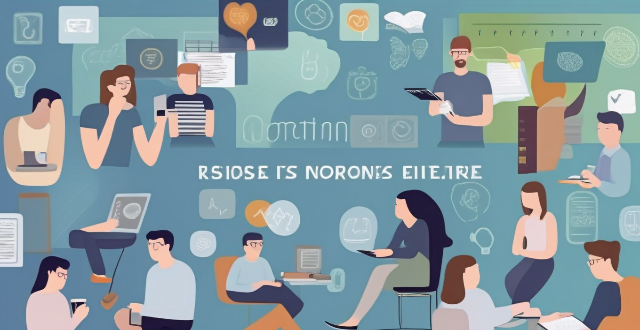
Can you recommend any good online learning resources for language learning ?
Here are some good online learning resources for language learning: Duolingo, Rosetta Stone, Memrise, Babbel, italki, Lingoda, Busuu, Coursera, Edx, and FluentU. These platforms offer courses in various languages and use different approaches to teaching, such as interactive lessons, immersive experiences, flashcards, conversation skills, one-on-one tutoring, and real-world videos.
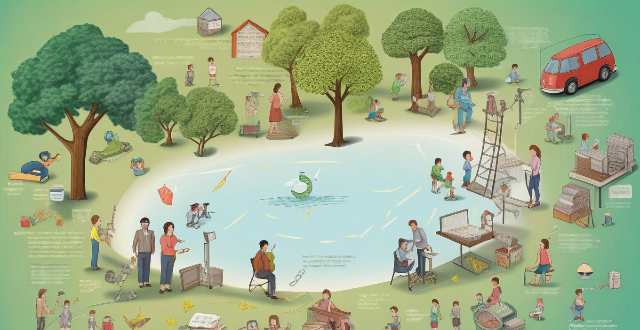
What are some innovative approaches to teaching climate change in higher education ?
Teaching climate change in higher education can be enhanced through innovative, multidisciplinary approaches that engage students and promote critical thinking. Instructors are encouraged to integrate real-world data, use case studies, foster interdisciplinary learning, engage with the community, leverage technology, employ active learning strategies, incorporate service learning, harness art and creativity, analyze policy and advocate for change, offer personalized learning pathways, adopt global perspectives, discuss ethics and philosophy related to climate change, practice sustainability within the classroom, emphasize continuous learning and adaptability, and model sustainable practices within their institutions. These methods aim to create a dynamic learning environment where students develop a profound understanding of climate change and become informed citizens capable of contributing positively to global efforts in addressing this challenge.
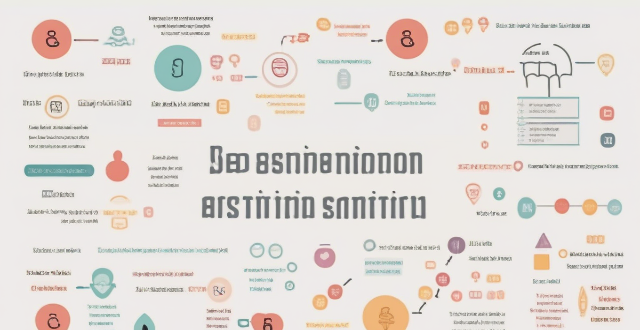
How can I develop a habit of lifelong learning ?
Lifelong learning is crucial for staying relevant and competitive. To develop this habit, set clear goals, create a learning plan, make learning part of your daily routine, embrace challenges, stay curious, connect with others, reflect on your journey, and continuously update your skills.

What are the best online learning resources for beginners ?
The text provides a list of online learning resources for beginners, including Khan Academy, Coursera, edX, Udemy, Codecademy, Duolingo, Skillshare, and LinkedIn Learning. Each resource offers courses in various subjects, from computer science to language learning, and many are free or have affordable options available.
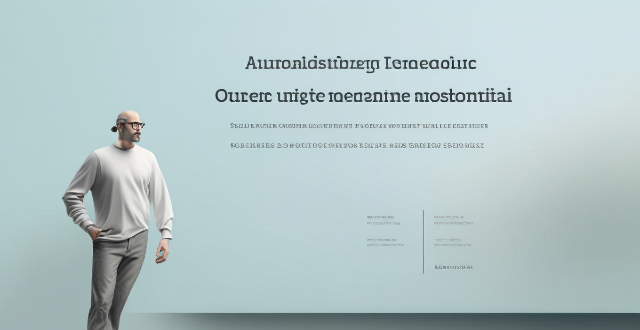
How can employers encourage and support lifelong learning among employees ?
Employers can support lifelong learning by offering resources, encouraging participation in training programs, providing opportunities for career development, and creating a collaborative learning environment.
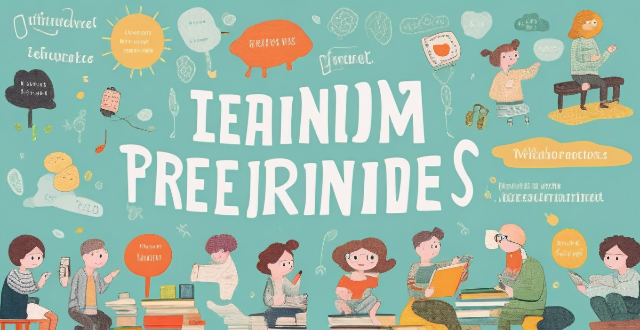
Are there any good online learning resources for language learning ?
Good online learning resources for language learning include Duolingo, Memrise, Rosetta Stone, Babbel, and Busuu. Each platform has its unique features and strengths, such as interactive lessons, memory techniques, immersive experiences, conversational focus, and community support. These resources can help learners achieve fluency in their target language by providing engaging and effective ways to learn vocabulary, grammar, pronunciation, and cultural insights.
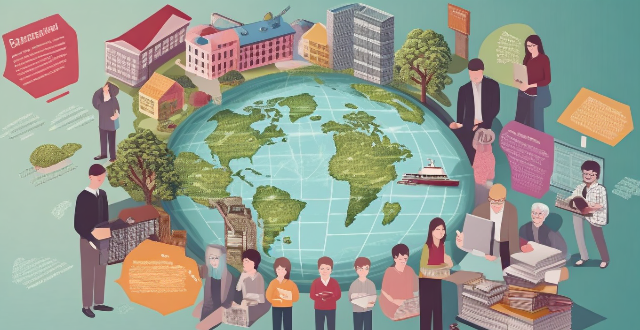
How do international education programs promote global citizenship and understanding ?
International education programs play a crucial role in promoting global citizenship and understanding. These programs provide students with opportunities to study abroad, learn about different cultures, and interact with people from diverse backgrounds. By enhancing cultural awareness, building intercultural competence, promoting global issues awareness, and encouraging civic engagement, these programs help students to become more informed, empathetic, and active members of the global community.
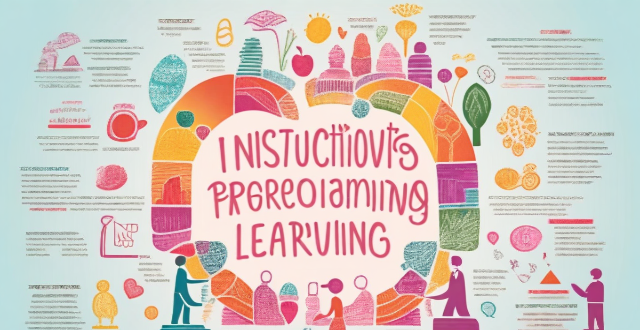
What role do educational institutions play in promoting lifelong learning ?
Educational institutions promote lifelong learning by encouraging a love for learning, providing access to educational resources, offering continuing education opportunities, and fostering collaboration and partnerships.

How do I start learning golf ?
Golf is a popular sport that can be enjoyed by people of all ages and skill levels. If you're interested in learning how to play golf, here are some steps to help you get started: 1. Understand the basics of golf, including the rules and etiquette. 2. Choose the right equipment, such as a set of beginner-friendly clubs. 3. Take lessons with a PGA professional for personalized instruction. 4. Practice regularly at a driving range, putting green, or chipping area. 5. Play on an actual golf course once you've gained confidence from practicing. 6. Join a golf community to enhance your learning experience and meet other players. 7. Stay patient and have fun while enjoying the process of learning and playing golf.
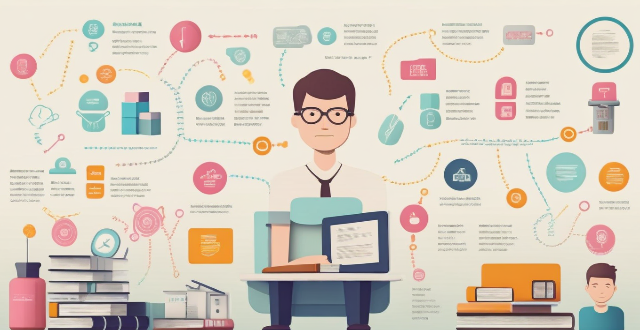
What are the benefits of using a remote education platform for learning ?
Using a remote education platform for learning offers numerous benefits that enhance the overall learning experience, including flexibility and convenience, personalized learning, collaboration opportunities, cost savings, access to quality education, improved learning outcomes, and environmental sustainability.
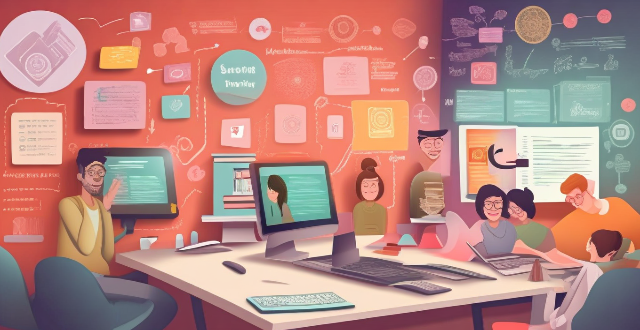
How does personalized learning through adaptive software benefit students ?
Adaptive software in education offers personalized learning experiences, enhancing student engagement, academic performance, and key skill development. It supports inclusive education, prepares students for future challenges, and makes learning more efficient and effective.

How does educational psychology impact student learning ?
Educational psychology plays a crucial role in understanding and enhancing student learning. It helps educators understand cognitive development, enhance motivation and engagement, promote social-emotional learning, address diverse learning needs, and evaluate teaching strategies and interventions. By incorporating insights from educational psychology into their practice, teachers can create a more effective and supportive learning environment for all students.

How does lifelong learning impact career development ?
Lifelong learning is a continuous process of acquiring new knowledge and skills that can significantly impact career development. It enhances skills, adaptability, creativity, personal growth, networking opportunities, and career longevity. By engaging in lifelong learning, individuals can stay relevant in their professions, adapt to changing job requirements, and increase their chances of career success.
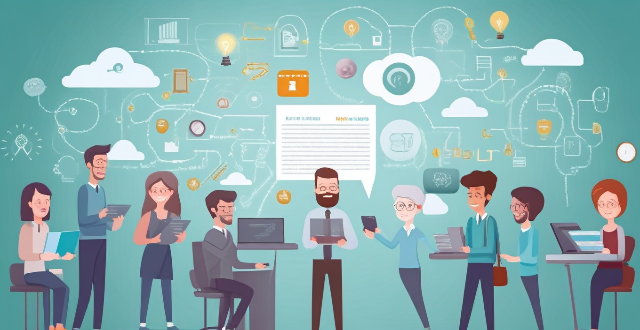
How do online learning platforms enhance student engagement and performance ?
The article discusses how online learning platforms enhance student engagement and performance. It mentions personalized learning experiences, interactive content and multimedia, collaboration and communication tools, gamification and rewards, flexibility and convenience, and immediate feedback and support as key features of these platforms that contribute to improved student outcomes.
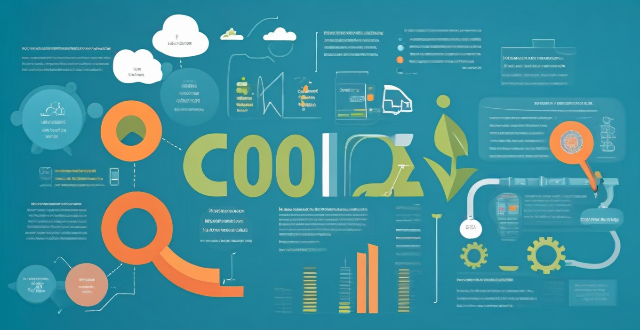
How can international cooperation on climate change contribute to global security ?
International cooperation on climate change is vital for global security. It helps mitigate environmental disasters, promotes economic stability and growth, enhances social cohesion and peace, facilitates technology and knowledge sharing, and strengthens global governance and diplomacy. Through joint efforts, nations can address one of the most pressing challenges of our time and secure a safer future for all.

What are the latest trends in the global economy ?
The global economy is influenced by various interconnected factors including digital transformation, sustainability, global trade dynamics, monetary policies, and the rising influence of emerging markets. These trends are reshaping industries, fostering innovation, and influencing economic growth and policies worldwide.
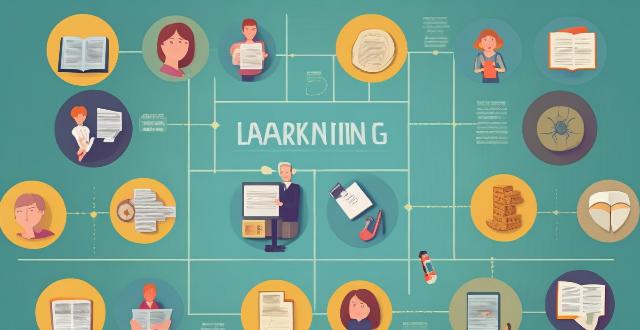
What are the benefits of lifelong learning ?
Lifelong learning, a process of continuous and voluntary learning throughout one's lifespan, offers numerous benefits that positively impact an individual's personal and professional life. These include improved cognitive abilities, increased self-esteem and confidence, personal fulfillment and satisfaction, enhanced career opportunities, higher earning potential, greater professional network, economic growth, social inclusion and cohesion, and environmental sustainability. By embracing the concept of lifelong learning, individuals can lead richer, more fulfilling lives while contributing positively to society as a whole.
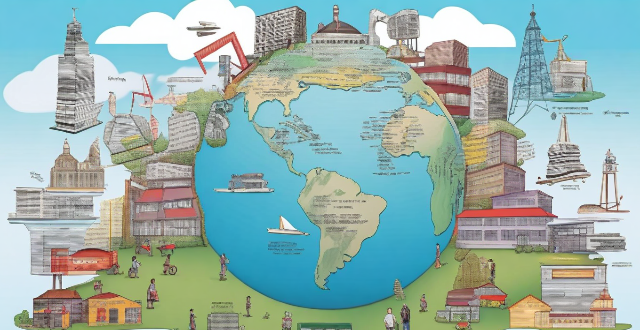
How can international education help address global issues like climate change and inequality ?
International education plays a crucial role in addressing global issues by promoting cross-cultural understanding, enhancing global citizenship, building networks and partnerships, promoting sustainable development through curriculum changes and research initiatives focused on sustainability principles, and encouraging collaboration among individuals and organizations from around the world.

How do sports events like the Olympics contribute to global integration and peacebuilding efforts ?
The role of sports events in global integration and peacebuilding is significant. These events, like the Olympics, serve as platforms for cultural exchange, enhancing international relations, increasing global awareness, promoting peace efforts, and contributing to economic impact and development. Through friendly competition and camaraderie, these events foster a sense of unity and mutual understanding that transcends cultural, political, and economic boundaries. They provide a unique opportunity for the world to come together in a spirit of friendly competition, setting aside differences to celebrate the human spirit of perseverance and achievement. By fostering an environment of mutual respect and understanding, sports events play a crucial role in building a more integrated and peaceful global community.

What role does intrinsic motivation play in learning and how can I cultivate it ?
Intrinsic motivation is a key factor in enhancing the learning process. It leads to increased engagement, persistence, and deeper understanding of material. To foster this type of motivation, one should focus on promoting autonomy, competence, relatedness, personal interest, and a mastery orientation. Strategies include offering choices, providing clear feedback, building community, connecting to interests, and emphasizing the learning journey over just the outcome.
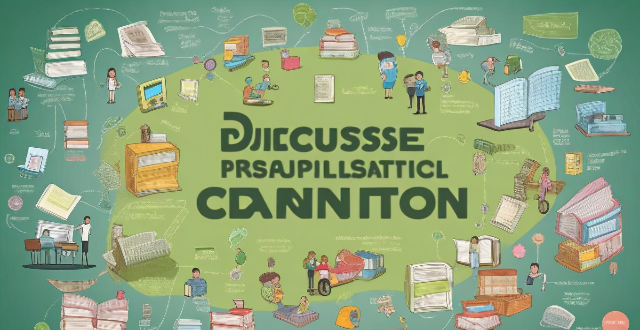
Can remote education platforms replace traditional classroom learning ?
The text discusses the pros and cons of remote education platforms and concludes that they cannot fully replace traditional classroom learning due to lack of social interaction, difficulty with self-motivation, and limited hands-on experience. However, a combination of both methods may provide a well-rounded education.